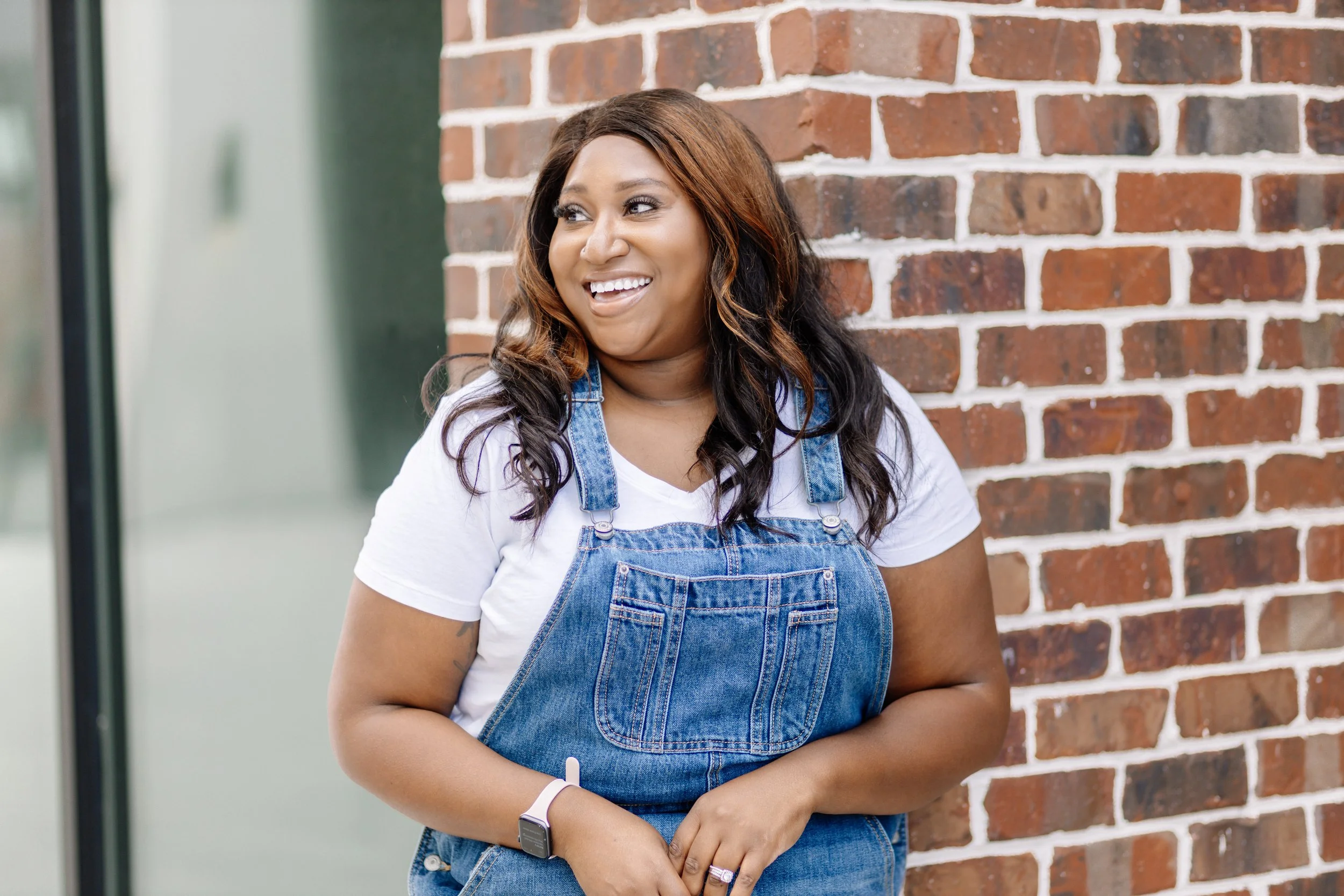Tips For Finding a Therapist
/Hey Friends! If you’ve found this article, that means you’re considering therapy, and let me tell you, it’s one of the best things I’ve ever done for myself. I want you to know that you're not alone. Millions of people seek therapy every year to help them with a variety of issues, including anxiety, depression, relationship problems, and grief.
I’ve been on a healing journey for years, and one of the main things that has stopped my progress is the ability to have a good and consistent therapist. I found that in-person appointments didn’t work for me. It required too much time and resources, so virtual sessions became my perfect solution. I aim to continue working on myself every day and showing up as the best version of myself. In doing so, that required me to start therapy again.
Finding a therapist can be daunting, but it's important to find someone who is a good fit for you. Here are a few things to keep in mind when you're starting your search:
Do your research. Before you start interviewing therapists, research to learn more about different types of therapy and what to expect from therapy. You can find information about therapy online, in books, and from friends or family who have seen therapists.
Talk to your doctor. If you have a doctor, you can ask for a referral to a therapist. Your doctor may be able to recommend someone who is familiar with your medical history and who can help you with your specific needs.
Ask for recommendations. Talk to friends, family, or coworkers who have seen therapists and ask for their recommendations. You can also ask your local mental health association for a list of therapists in your area.
Interview potential therapists. Once you have a few names of potential therapists, schedule an interview with each one. This is your chance to get to know the therapist and see if they are a good fit for you. Ask the therapist about their experience, their approach to therapy, and their availability. This may often be referred to as a consultation and may be offered for free.
Trust your gut. When you're interviewing therapists, pay attention to your gut feeling. If you don't feel comfortable with a therapist, don't feel obligated to see them. There are plenty of other therapists out there who can help you.
I was able to find an amazing therapist via the Therapy for Black Girls Directory. I entered therapy in October 2020, and it was good, but that therapist no longer fit the needs and style of therapy that I needed. I was in a crisis and wanted to find help immediately. It was huge for me to realize this, and starting my therapy journey again in 2023, I took a new approach. I researched long and hard; I knew the things I wanted help with the most, and I only sought out a therapist who could provide that for me.
Starting therapy can be a big step, but it can also be one of the most rewarding things you do for yourself. By finding a therapist who is a good fit for you, you can start on the path to healing and recovery.
Here are a few additional tips for finding a therapist:
Be prepared to answer questions about your mental health history and your goals for therapy.
Be honest with the therapist about your expectations and concerns. (When you have the right therapist, you’ll feel comfortable being honest.)
Be open to trying different types of therapy.
Don't be afraid to ask for help if you're not sure what to do.
If you're struggling to find a therapist, there are a few resources available to help you. You can contact your local mental health association or crisis hotline for assistance. You can also find online directories of therapists in your area.
Finding a therapist can be a challenge, but it's worth it. With the right therapist, you can make progress on your mental health goals and live a happier, healthier life.
If you or someone you know is struggling or in crisis, help is available. Call or text 988 or chat 988lifeline.org. You can also reach the Crisis Text Line by texting MHA to 741741.
You can also call 1-800-985-5990 or text “TalkWithUs” to 66746 at the SAMHSA Disaster Distress Helpline. Trained crisis workers will listen to you and direct you to the resources you need.
Wishing you all the best!




